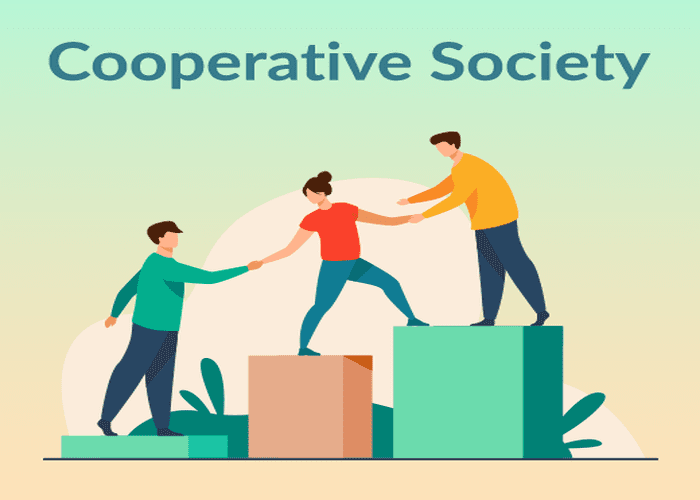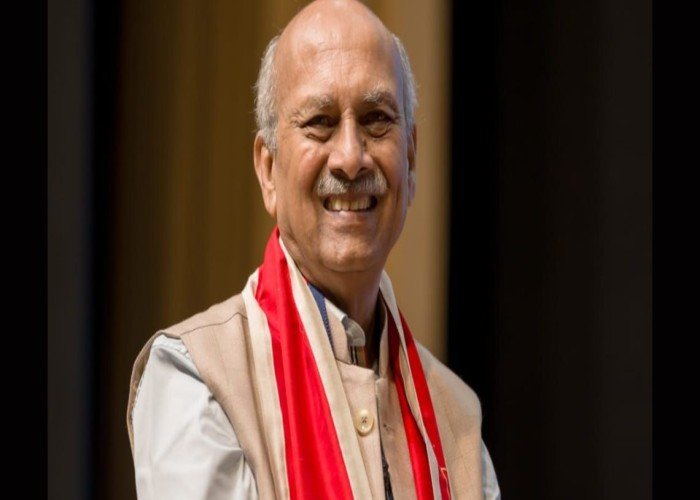
Cooperatives can play a key role in initiating positive changes and impacts from the grassroots level to achieve this sustainability
For rural India, the role of cooperatives is becoming increasingly important in achieving development goals. Cooperatives, which form democratic memberships without any discrimination help in the progress of all sections of society. The principle of mutual development and benefits ensures that the pace of development for all members of any cooperative society remains almost equal.
The United Nations has set the “2030 Agenda for Sustainable Development” with the aim to ensure equitable global development, driven by primary focus on the achievement of 17 Sustainable Development Goals (SDGs). These goals are tied to various aspects related to human existence, climate, development, economic growth, technological innovation, and conservation. Cooperatives can play a key role in initiating positive changes and impacts from the grassroots level to achieve this sustainability. Cooperatives use their collective strength to ensure the economic stability of their affiliated members.
The objective of establishing cooperatives is to reduce the impact of poverty and the economic exclusion of any community. Additionally, they play a crucial role in empowering marginalized groups by creating means of livelihood. The formation of cooperatives focuses on both security and collective interests, as well as personal and collective development. Credit cooperatives provide facilities for investment and access to funds for purchasing inputs, which help in maintaining livelihood sources. Livelihoods are often central to the goals of cooperatives, ultimately helping to reduce poverty.
Amul is a prime example of this. It has grown in operations, product range, turnover, profits, and cooperative members. Its operations are not limited to India but have also expanded to other countries. Amul’s success demonstrates how cooperatives can be used as tools for poverty reduction. Promoting inclusive development in cooperatives, despite differences in social or financial backgrounds, helps reduce inequalities. Social harmony empowers all communities and enables people from various sections of society to work and achieve a better standard of living. In recent years, women’s cooperatives have shown better performance. Through self-help organizations, women’s self-help groups can showcase their skills, promote livelihoods, and empower other women. The positive effects of reducing poverty and inequality also extend to education and gender equality. Empowered and economically stable cooperative members can provide their families and communities with adequate nutrition, education, and skills. Economic stability helps people live a more fulfilling life in every aspect.
In India, social welfare heavily depends on financial welfare. Therefore, financial/economic empowerment of groups is essential to move towards a developed economy. The cooperative model has proven effective in agriculture, where cooperatives are playing a crucial role in ensuring the nation’s food security by enhancing agricultural productivity and promoting sustainable farming practices.
IFFCO is another good example. This cooperative society provides farmers with necessary skills and training, as well as affordable agricultural inputs such as fertilizers. Every cooperative society influences various sustainable development goals and is a viable means of raising awareness about issues like climate, biodiversity, and ecosystem conservation.
Youth participation in achieving sustainable development goals is best facilitated through the cooperatives. The collective approach, resource mobilization, and sharing of benefits are the core principles of cooperatives that should be highlighted, and the youth should be encouraged to innovate in order to bring about lasting changes. Cooperatives focused on climate change, sustainable products, waste management, and education are the need of the hour. It is important that the management and operation of such future-oriented businesses are carried out by the nation’s youth. Educated and empowered youth are the nation’s assets, and the central government is continuously collaborating with cooperatives for positive change.










